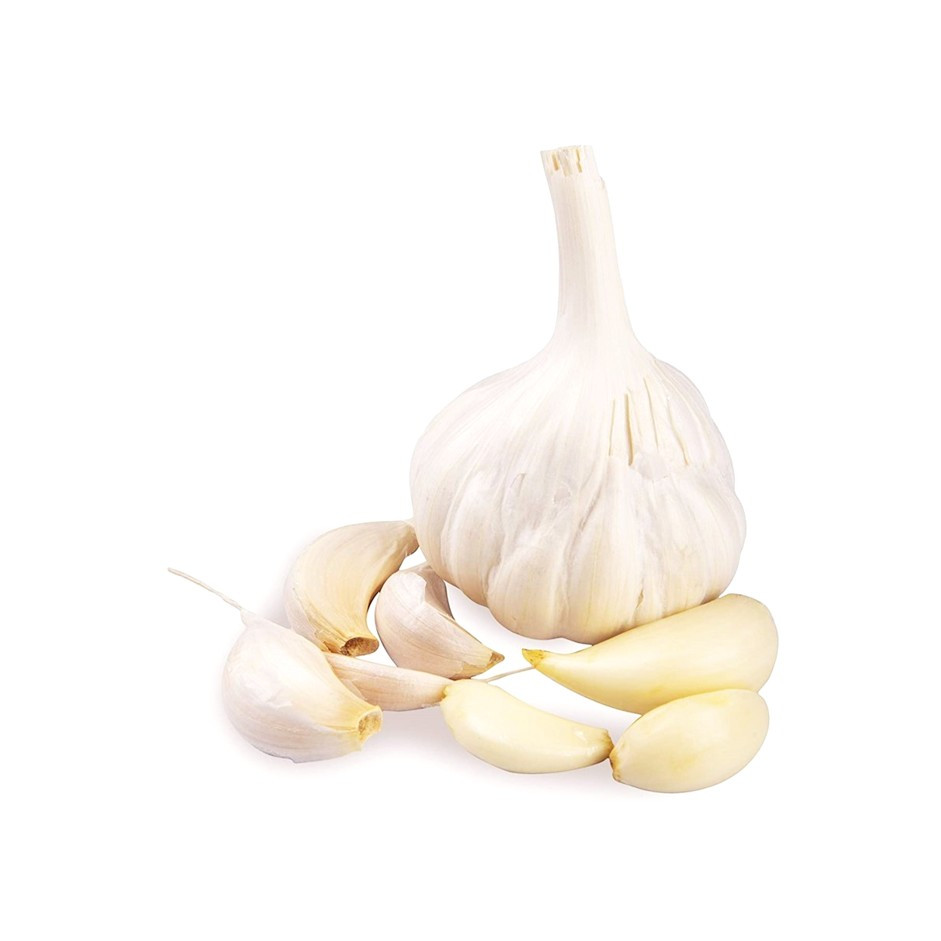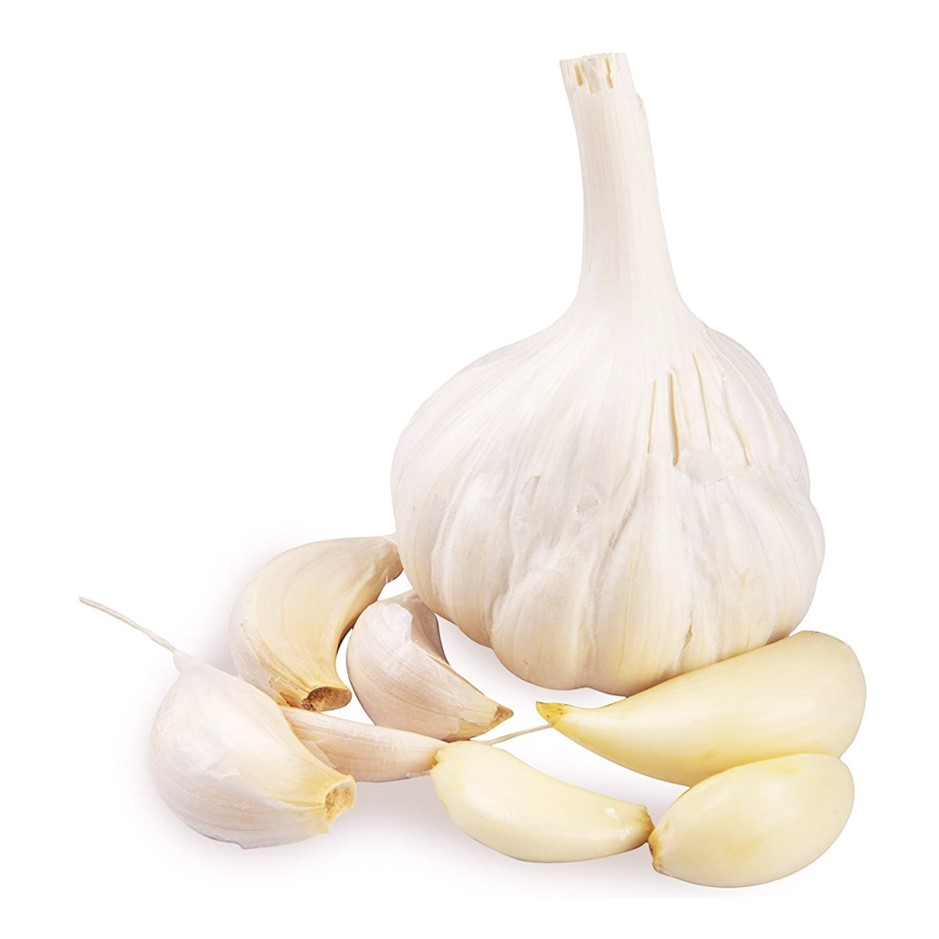


Immune Support: Garlic has long been valued for its immune-boosting properties. It contains compounds like allicin, which have antimicrobial, antiviral, and antifungal properties. Consuming garlic regularly may help reduce the severity and duration of colds and other respiratory infections.
Heart Health: Garlic is associated with various cardiovascular benefits. It can help lower cholesterol levels, reduce blood pressure, and improve circulation. Allicin and other sulfur compounds in garlic may also help prevent blood clots and reduce the risk of heart disease and stroke.
Antioxidant Properties: Garlic contains antioxidants that help neutralize harmful free radicals in the body, reducing oxidative stress and inflammation. These antioxidants may play a role in reducing the risk of chronic diseases such as cancer, diabetes, and neurodegenerative disorders.
Anti-inflammatory Effects: Garlic has anti-inflammatory properties that may help alleviate symptoms of inflammatory conditions such as arthritis and asthma. It can also help reduce inflammation in the digestive tract and improve gut health.
Digestive Health: Garlic has been used traditionally to support digestive health. It can stimulate digestion, promote the growth of beneficial gut bacteria, and help alleviate symptoms of indigestion and bloating.
Detoxification: Garlic supports the body's natural detoxification processes by enhancing liver function and aiding in the elimination of toxins and heavy metals from the body.
Anticancer Potential: Some studies suggest that garlic may have potential anticancer properties. It contains sulfur compounds that may help inhibit the growth of cancer cells and reduce the risk of certain types of cancer, including stomach, colon, and prostate cancer.
Organic garlic is a versatile and nutritious ingredient that adds flavor, aroma, and health benefits to a wide range of dishes. Incorporating garlic into your cooking can enhance both the taste and nutritional value of your meals.